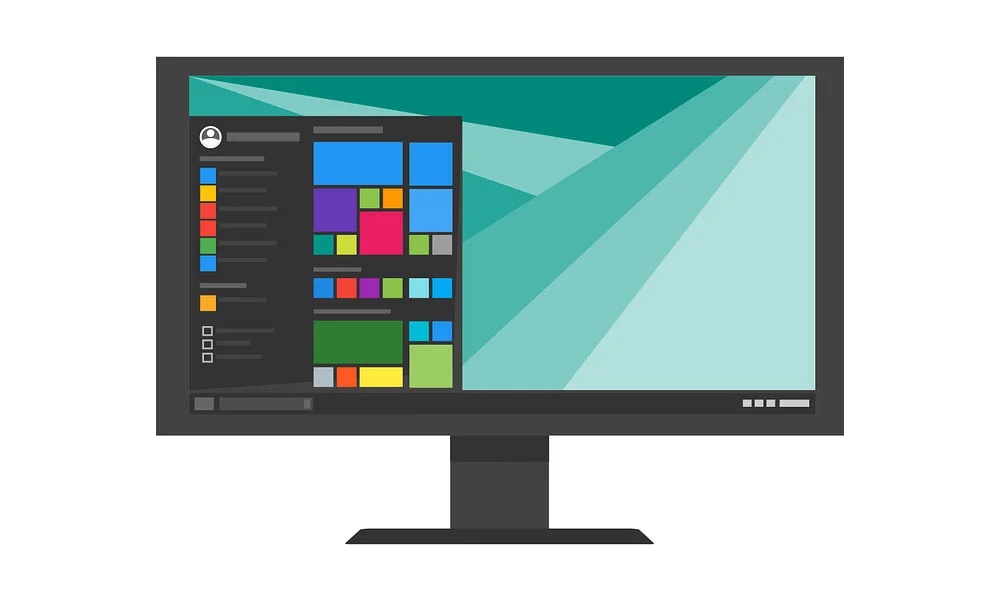As the world becomes more connected, the need for cross-platform compatibility is becoming increasingly important. With so many different devices and operating systems available, it can be challenging to ensure that software and applications work seamlessly across all platforms. The future of cross-platform compatibility is an exciting one, and it is heavily influenced by the role of operating systems.
The Importance of Cross-Platform Compatibility
Cross-platform compatibility is crucial for businesses and individuals who rely on software and applications to get work done. Without cross-platform compatibility, it can be difficult to share information and collaborate across devices and operating systems. This can lead to decreased productivity and an overall decrease in efficiency.
Furthermore, cross-platform compatibility is becoming increasingly important as more people work remotely and need to access information from different devices. The ability to seamlessly switch between devices without interruption is essential for those who need to stay connected and productive.
The Role of Operating Systems
The role of operating systems in cross-platform compatibility cannot be overstated. Operating systems act as the bridge between software and hardware, allowing applications to run on different devices. However, different operating systems have different architectures, which can make cross-platform compatibility difficult.
In recent years, there has been a push towards more open-source operating systems, which can make cross-platform compatibility easier. Open-source operating systems allow developers to access the source code, modify it, and distribute it as they see fit. This can lead to more innovation and collaboration across different platforms.
The Future of Cross-Platform Compatibility
The future of cross-platform compatibility is an exciting one, with new technologies and innovations emerging all the time. One exciting development is the rise of web-based applications, which can be accessed through any device with an internet connection. This eliminates the need for specific software or operating systems and makes cross-platform compatibility a non-issue.
Another exciting development is the increasing use of virtualization and containerization. These technologies create a virtual environment that can run on any device or operating system, making it easier to develop and run applications across different platforms.
Furthermore, the increasing popularity of open-source operating systems is likely to make cross-platform compatibility easier in the future. With more developers working together to create innovative solutions, the future of cross-platform compatibility looks bright.
Cross-platform compatibility is essential for businesses and individuals who rely on software and applications to get work done. The role of operating systems in cross-platform compatibility is crucial, and it is heavily influenced by the architecture of the operating system. However, with new technologies and innovations emerging all the time, the future of cross-platform compatibility looks bright. As more developers work together to create innovative solutions, we can expect to see more seamless integration across different platforms.











